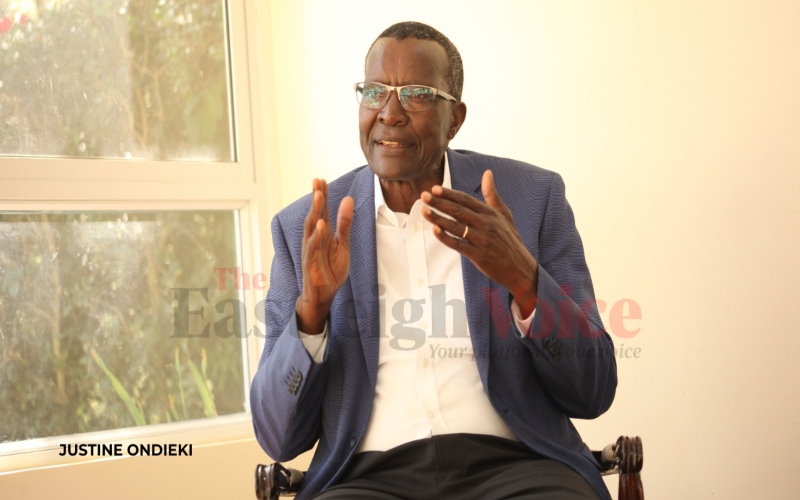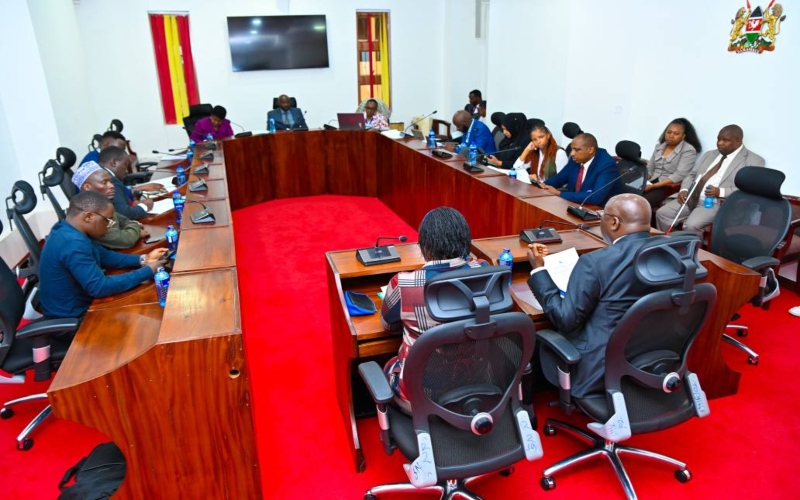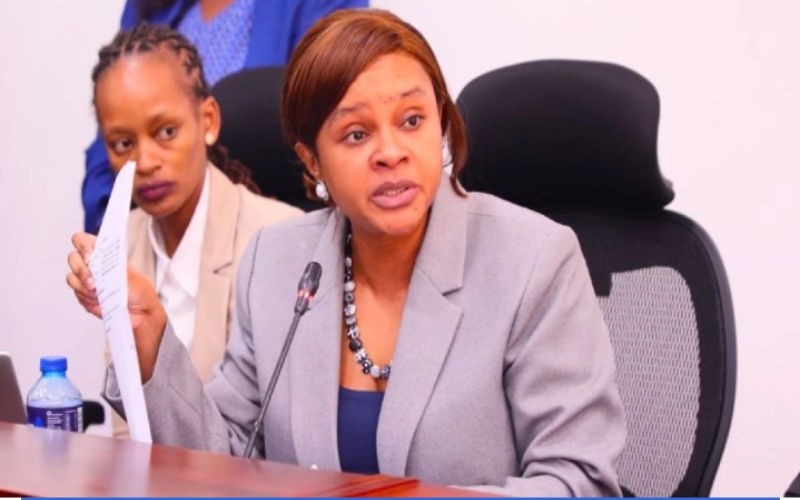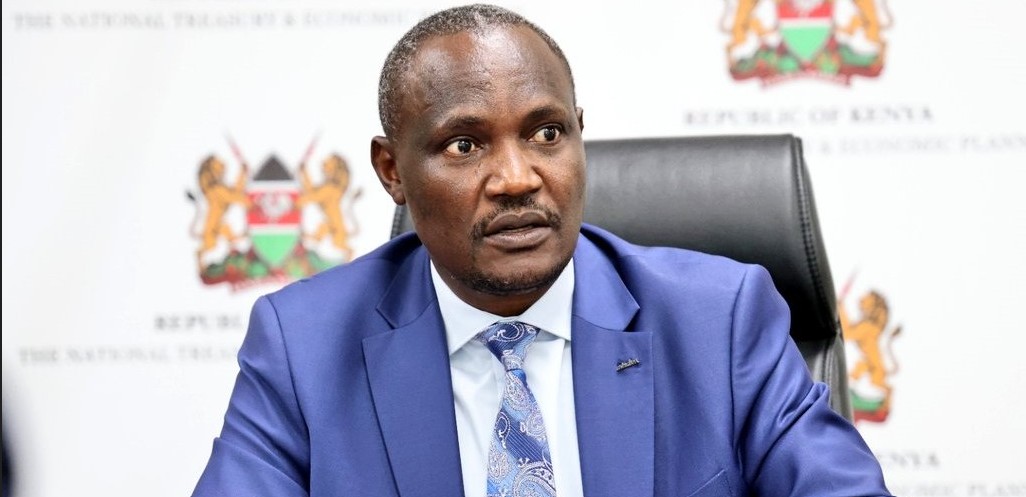Africa presses global financiers for bigger, better capital flows to power growth
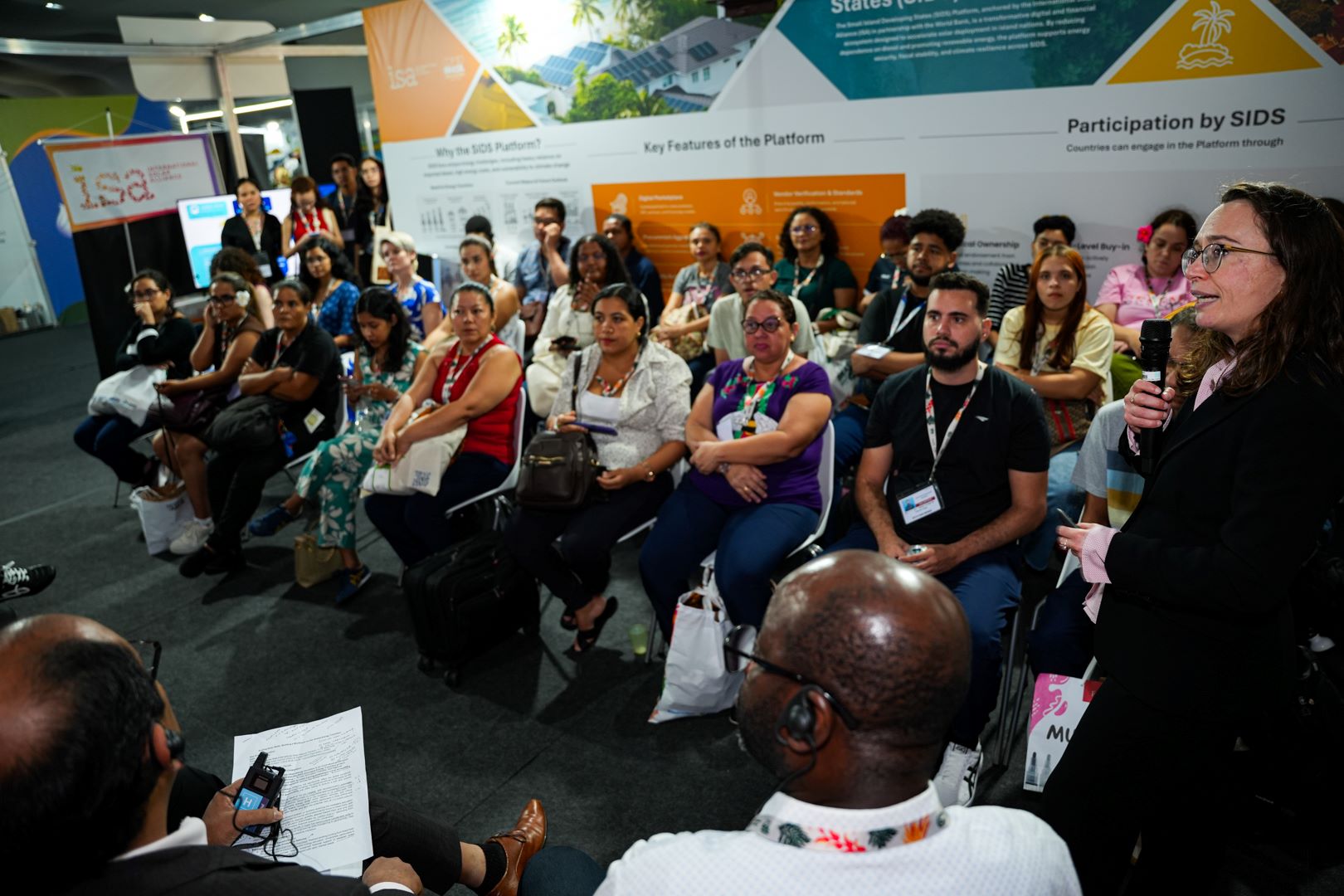
At the heart of the summit’s outcomes was the continent’s persistent infrastructure and industrialisation gap, with delegates stressing that Africa still faces a $70 billion (Sh9 trillion) to $110 billion (Sh14.3 trillion) annual financing shortfall.
African business leaders and policy experts, under the auspices of the International Organisation of Employers (IOE), are calling on global investors, particularly sovereign wealth funds and development financiers, to refocus on Africa’s core growth priorities urgently.
They warn that without a decisive shift in capital flows, the continent risks missing a critical window to accelerate industrialisation, expand infrastructure and strengthen economic resilience.
More To Read
- World Bank urges shift to local currency loans in Africa
- AfDB approves Sh9.4 billion to boost science, technology among Kenyan youth
- Africa launches first-ever climate commitment implementation index to track progress
- Fragmented economic integration dragging Africa’s harmonisation drive - report
- Rwandan economist Donald Kaberuka honoured as Gates Foundation’s 2025 Champion
- Africa’s 2030 electrification mission surges, connecting 30 million in first year
This was during the just-concluded annual 2025 B20 summit in South Africa.
At the heart of the summit’s outcomes was the continent’s persistent infrastructure and industrialisation gap, with delegates stressing that Africa still faces a $70 billion (Sh9 trillion) to $110 billion (Sh14.3 trillion) annual financing shortfall.
They are therefore urging investors to replicate and scale successful Public-Private Partnerships (PPPs).
“Scale what works. Lower the cost of capital. Make development finance act as one system to improve confidence,” reads the summit’s final communique.
Participants said strengthening institutions like the AfDB, while deepening collaboration with global players including the International Finance Corporation (IFC), would be central to unlocking blended capital and reducing borrowing costs.
Food systems
Food security also featured prominently, with the summit noting that Africa’s agricultural challenge is not a lack of strategy but weak execution across markets and borders.
“Africa’s food systems face execution challenges, not strategy gaps.”
The experts thus highlighted the need for tailored financing models, improved cross-border trade rules, and digitally enabled value chains to move farmers from subsistence into commercial productivity.
They add that scaling e-payments, e-invoicing and farmer digital IDs would boost traceability, reduce losses and expand market access, turning policy ambitions into measurable impact.
The B20 discussions further underscored the necessity of building climate-responsive economies capable of converting Africa’s natural resources into diversified, low-carbon industries.
Leaders suggest that integrating energy, water, agriculture and nature-based sectors into a cohesive bioeconomy could unlock millions of jobs while strengthening resilience.
Digital transformation and skills development were also identified as essential pillars for competitiveness.
The delegates have called on governments to accelerate implementation of the African Continental Free Trade Area (AfCFTA) Digital Trade Protocol, including e-signatures and digital customs, to cut friction in regional trade.
They further stress that expanding affordable digital access, strengthening talent pipelines and aligning education systems to emerging technologies will determine whether Africa can turn its demographic boom into a productive digital dividend.
On critical minerals, the employers warn that Africa risks missing the global value chain opportunity if it continues exporting raw materials without adding value domestically.
They thus call for regional coordination through AfCFTA and SADC to harmonise rules, fast-track permits, and develop bankable cross-border industrial projects.
“Africa’s mineral wealth must translate into diversified, value-adding industries that drive sustainable growth.”
Nevertheless, the summit called for transparent financing platforms to crowd in private investment for mineral processing zones, industrial corridors and clean-energy projects.
Top Stories Today




